Finding Joyous Discontent with Cate Le Bon’s New Album, Crab Day
Cate Le Bon’s fourth and latest album, Crab Day, was named for a mythic holiday of the artist’s own creation and born in a picturesque studio surrounded by forests, oceans, and mountains.
Crab Day is a holiday that is both old and new, and also something we’ve never known. This diasporic sentiment of familiarity and unknown is presented in the album as jarring guitar paired with playful xylophone, and in tackling life’s existential questions with joyful abandonment.
Early on, Le Bon was inspired by her native Wales, titling two of her records in Welsh (Edrych yen Llygaid Ceffyl Benthyg in 2008 and Cyrk in 2012) and embracing Welsh traditions into her music, but since she moved from her home country to Los Angeles in 2013, she has expanded her songwriting into new terrains. Mug Museum was her first album made in the US, with help from producers Noah Gunderson and Josiah Steinbrick, and pushed her career in a big way. In the past year, she has started to work with Tim Presley (White Fence) to create an album called Hermits on Holiday under their new project Drinks. It seems kismet then, that Le Bon would create a strong team for the production of Crab Day. Surrounded by nature’s magnitude, Crab Day is a record magically made in the right time with the right people.
She Shreds chatted with Le Bon about the joy of making music with old friends and the freedom of being content with yourself. Crab Day is out now on Drag City.
She Shreds: How old were you when you first started playing music?
Cate Le Bon: As long as I can remember really. Not taking lessons, but there was always a piano at my grandma’s house and my dad played guitar. He bought me and my sister little guitars when we were pretty young. I took piano lessons, as you tend to do, so I played piano for a couple years until I was twelve or so. A lot of it was self taught. My parents always wanted music to be something joyful rather than academic.
When did you make the transition into playing mainly guitar?
I guess it was probably when I started playing in a school band. I found it a much easier tool to write songs on than the piano.
With your new album you’re introducing so many new elements. Which elements come first, your lyrics, the guitar or the sound you’re after.
Every song will more or less start with the guitar and then I’ll take it to the piano. But there’s always a bit of a mindlessness about playing for the guitar for me. I don’t think that I have the piano ability that it would take. The guitar is just a comfortable instrument for me.
Was there anything different in your process for Crab Day?
There were a lot of songs that started off as little ideas on the guitar, but then I spend the time taking it to other instruments, to the piano. Just trying to explore, to be a little out of my comfort zone and maybe come up with things that if I stayed with a guitar I wouldn’t have. I don’t know, it’s all a blur really.
Did some songs come more easily than others or was it all pretty similar?
I think there are always melodies songs kind of rattling around in your artillery for a while and then you’ll make them into something. I can’t do anything until I have a deadline, I’ll have all these little bits knocking around and then it’ll be like “oh my god I have a studio booked in a month” and get down and start planning what I have and what I need and try to write a song from scratch. It’s always a blur. I just made a record with Tim Presley as well so that was kind of leading into the time I was supposed to be writing. But I think it was a nice, necessary, little holiday making a record with someone else. Kind of reacquainting my love of making music and playing with people and playing guitar. It was great to be given a load of pedals that we were proper nerding out on, which I’ve never really done before – it’s always been really functional.
Where did the exploration of distortion, of chaos come for you?
It’s something I’ve always been on to. In this record there’s a real sense of abandonment in the playing and just the general attitude towards the execution. The location where we recorded was just this incredible studio in the wild between mountains and the ocean. It lent itself to this frame of mind where there are no rules and no opinion. It should all be about how you’re feeling. About not setting yourself any boundaries of what a record should be and what a record shouldn’t be. Then when you’re living in this incredible place together the energy and the attitude towards making this record is perfect. Pure abandonment, joyous, playful. And I think Noah really captured that in the recording.
I’m curious what some of your ideas were behind Crab Day and what you were trying to flush out with your writing, what you were trying to untangle.
It’s kind of a record that’s maybe bred from a reaction to a discontent, almost like a joyous reaction to discontent. Growing older and realizing that everything is nonsense, and that idea is comforting and scary. I mean this idea of holiday, and a made up holiday called Crab Day. The idea that things can be important to you, but you can’t expect those things to be important to other people. That’s where the joy and the life is, being content with yourself and not having to have validation.
Do you have any comforts or habits you take with you on the road or in the studio?
I would say the people. I’ve been making music for a long time, you come to learn that records are a sum of its parts. Ian Black, who I’ve been making music with since I was 20. I wouldn’t dream of trying to make a record without him. We’ve fostered this incredible working relationship. I wouldn’t dream of moving somewhere without him, because of the comfort I find in friendship and in my relationships with other people. So I’m taking him and Dan Ward who played with me for years out on the road. Understanding and knowing that it’s the sum of it’s parts.
What kind of guitar do you use?
I was given a guitar by James Dean Bradfield [from Manic Street Preaches] who is an incredible guitarist. He was using this strange guitar at a festival and I asked him what it was. He said that this guy who used to work for Gibson has a company called Fret King. So James spoke to him and they sent me this white Fret King Ventura guitar, and it almost looks like a drawing… or like what people in the 90s imagined the future to be like. Or like if I asked my niece to draw me an electric guitar. I love it, it’s so nice to play and it’s so strange looking. And then I have my Telecaster that my dad bought me when I was 13, and I’m very attached to that.
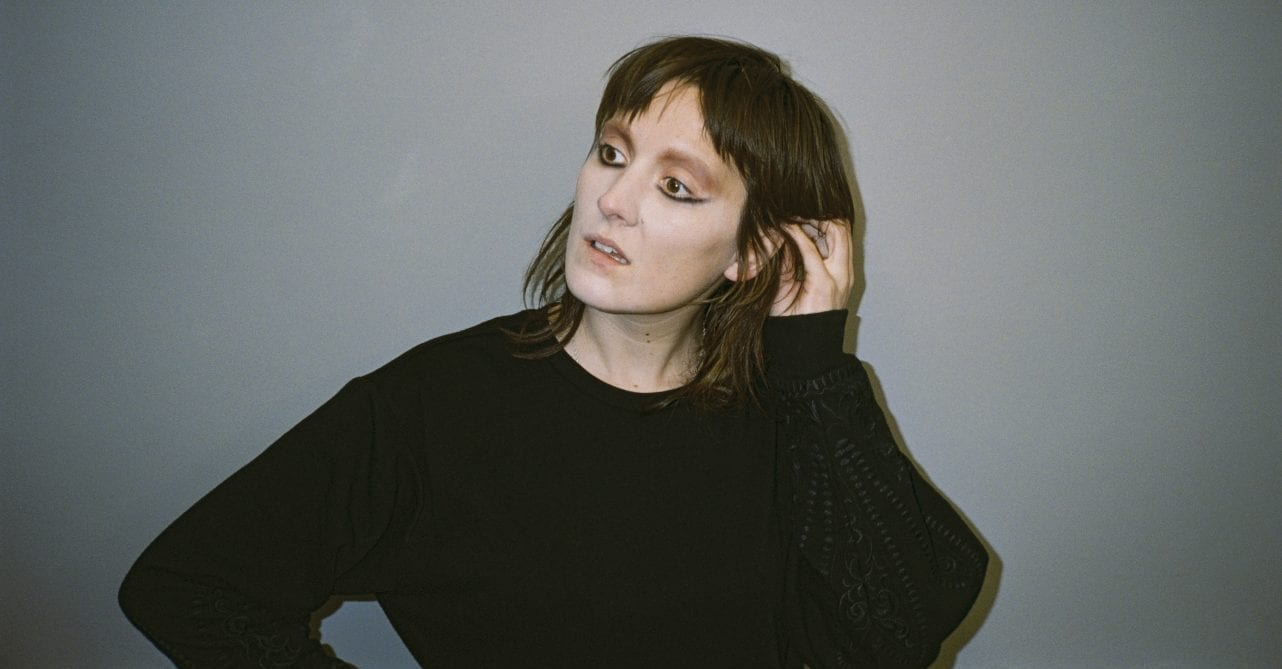

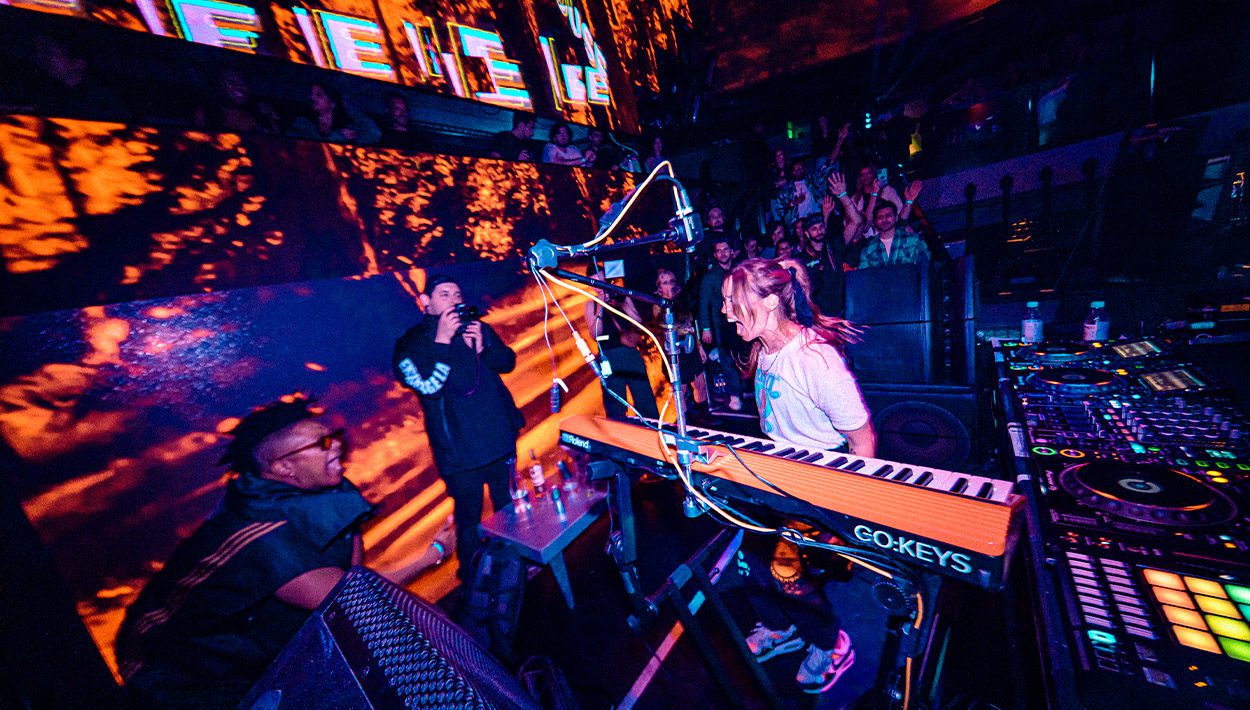
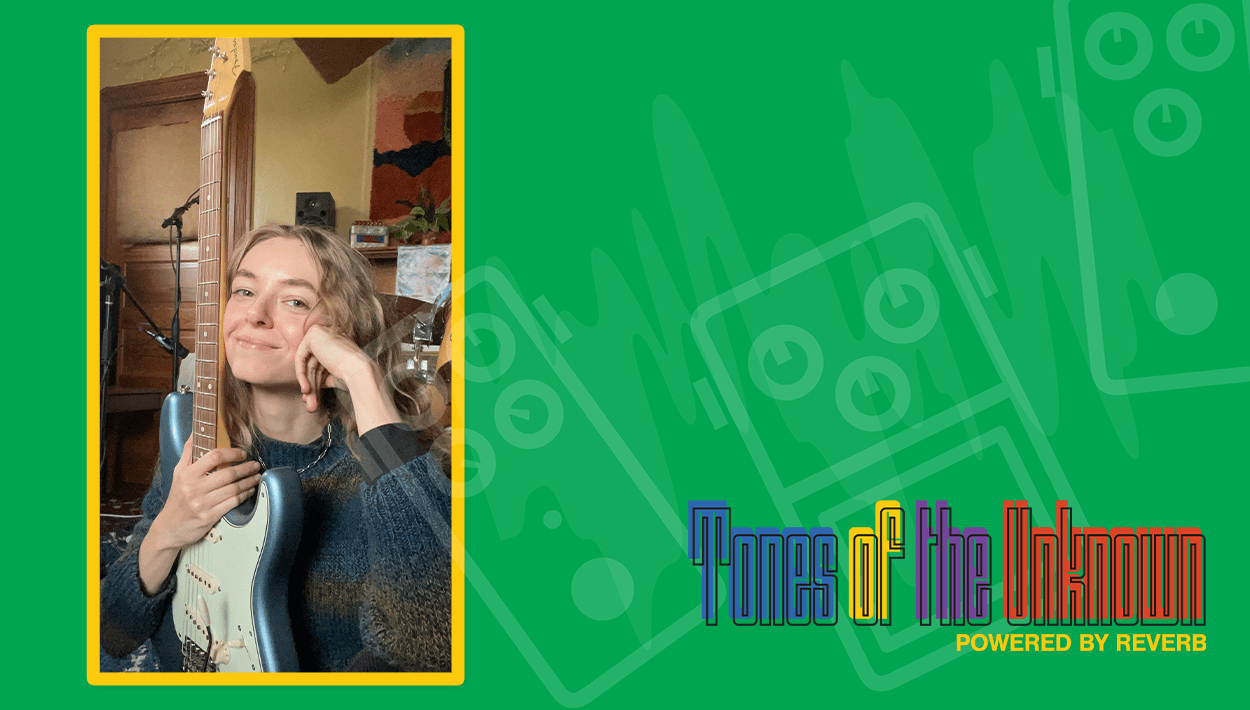
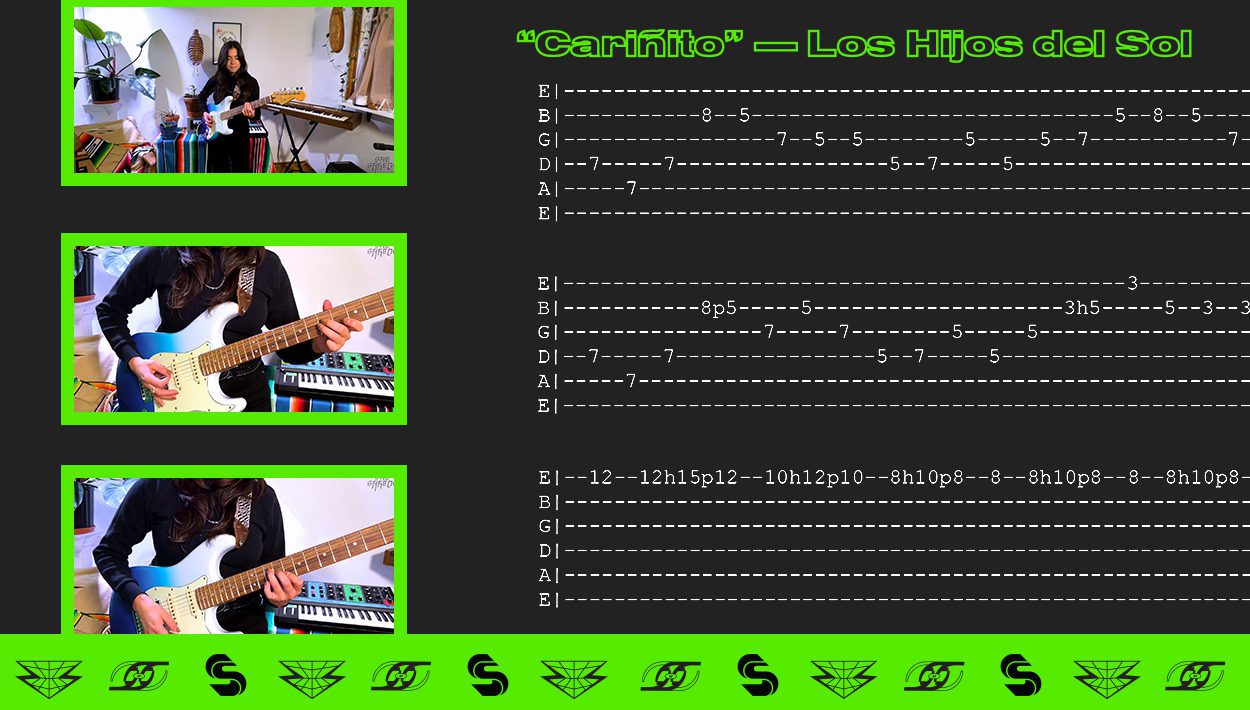
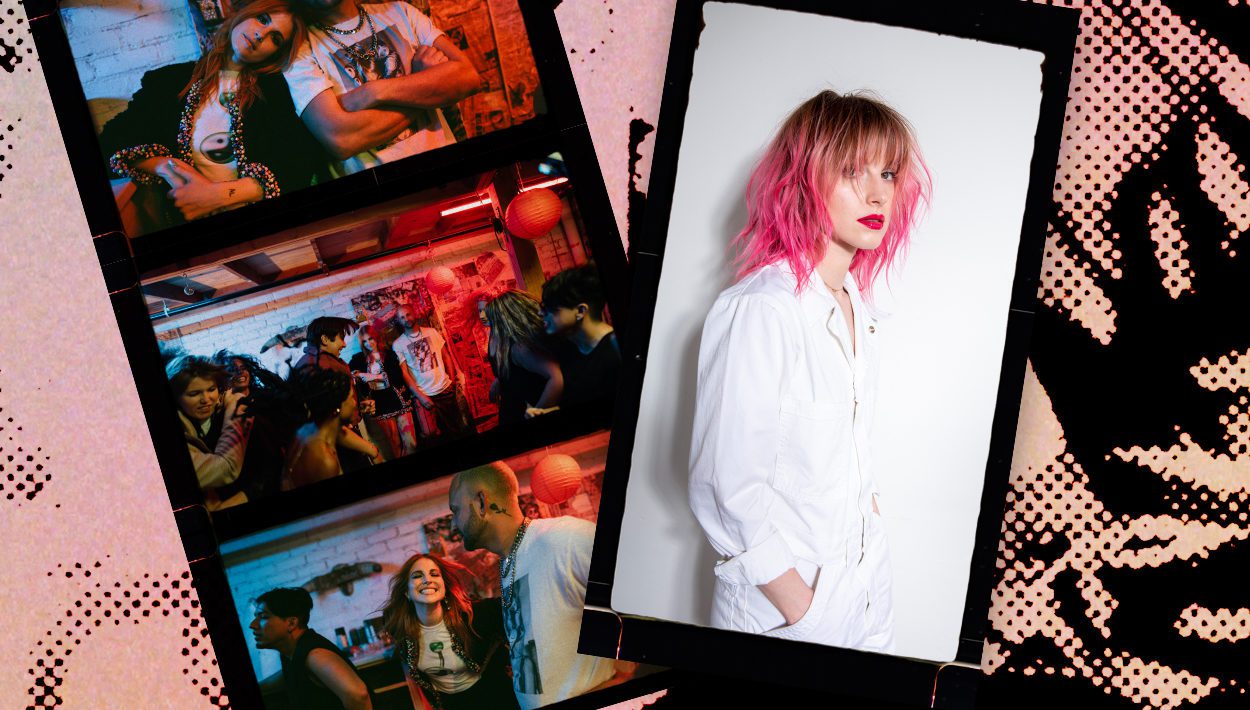
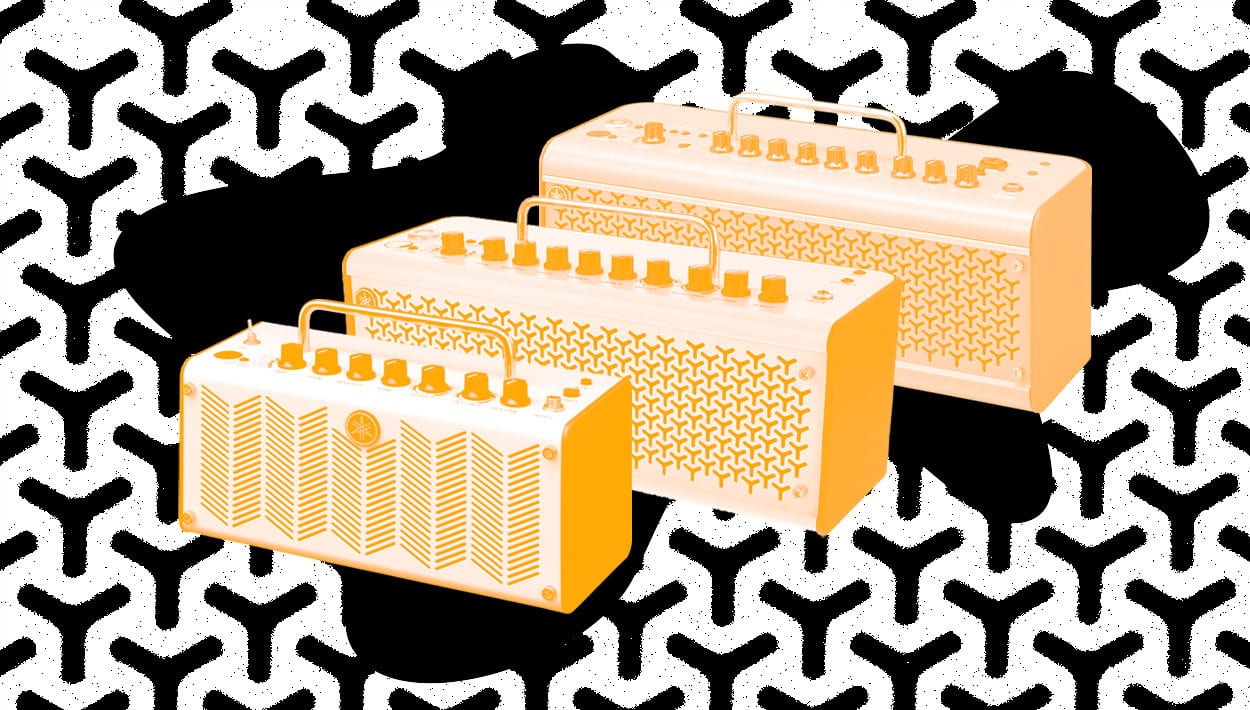
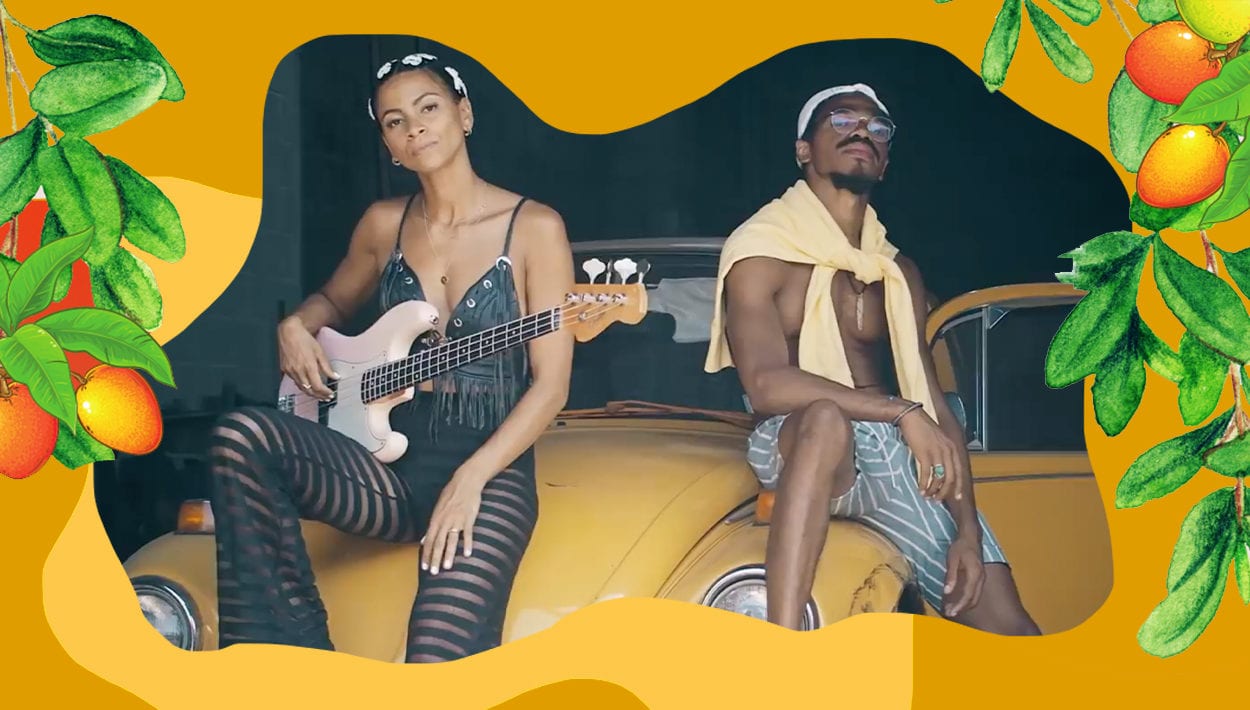
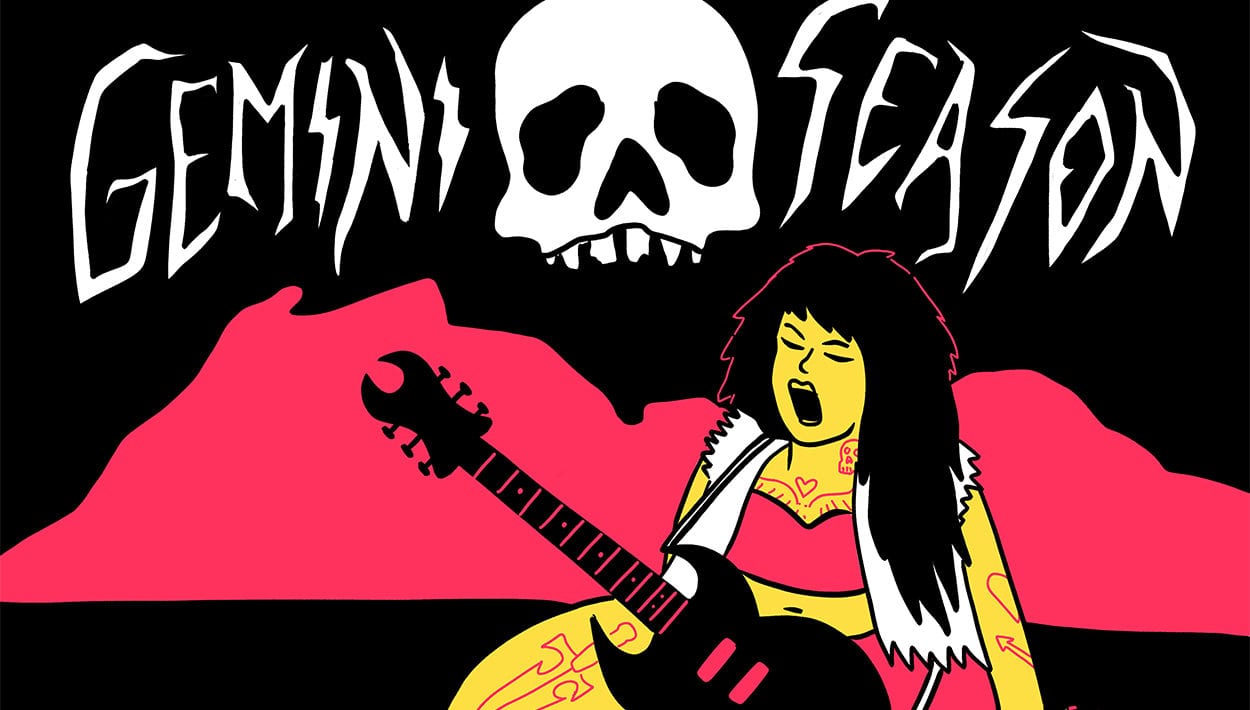
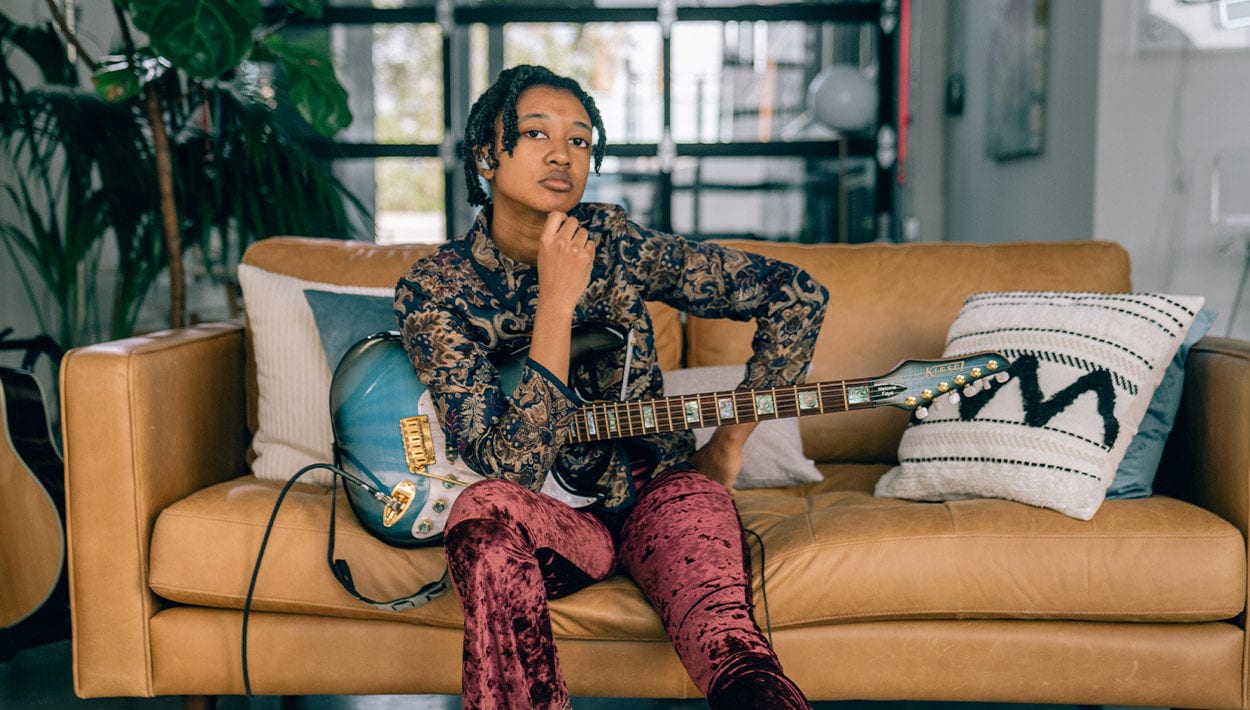
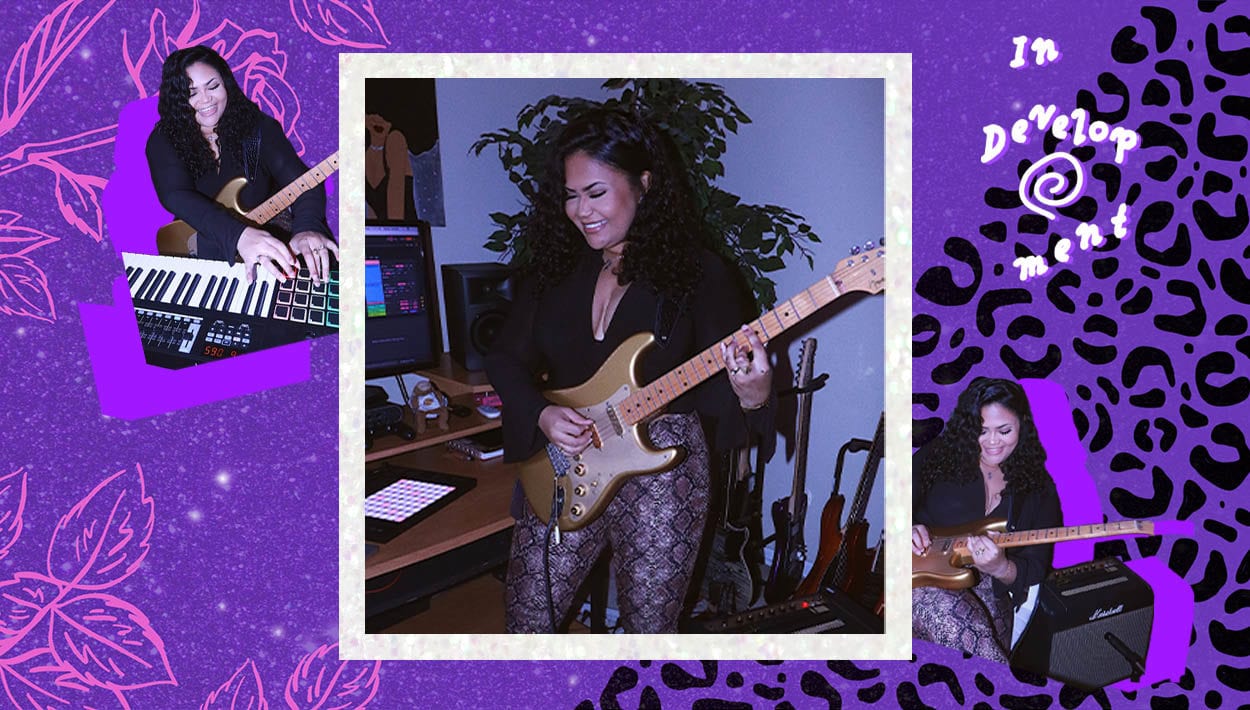
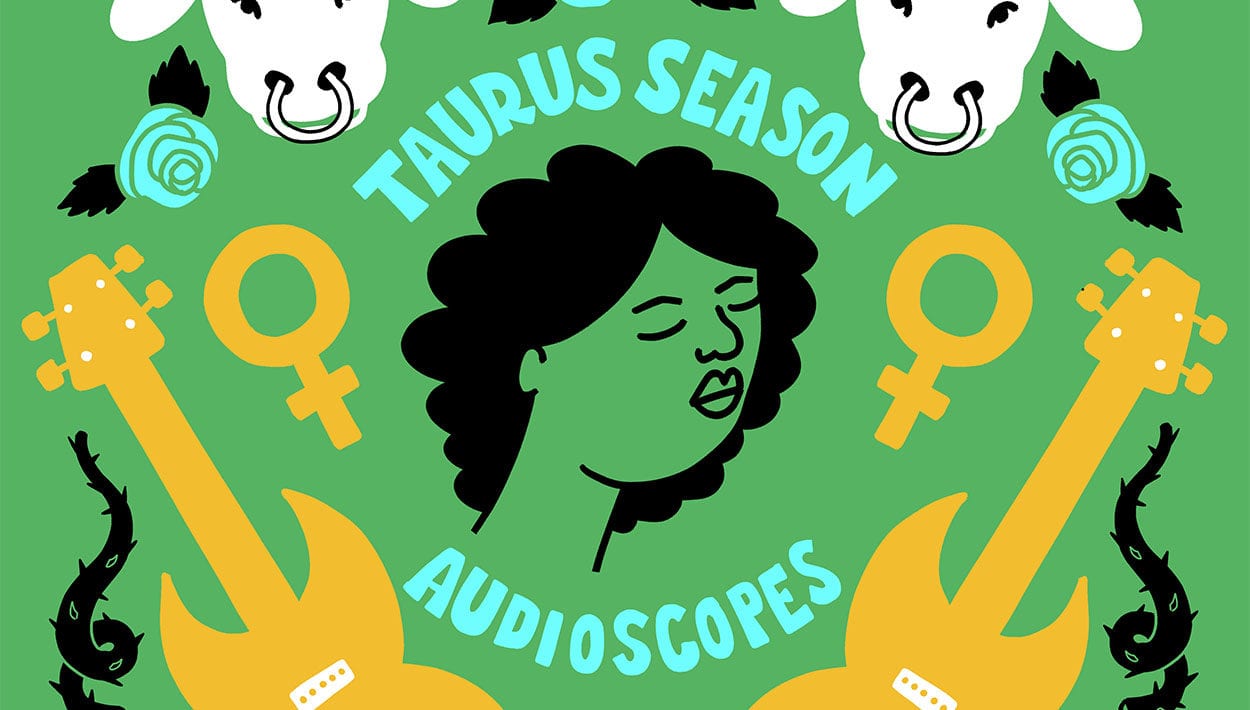


Comments
No comments yet